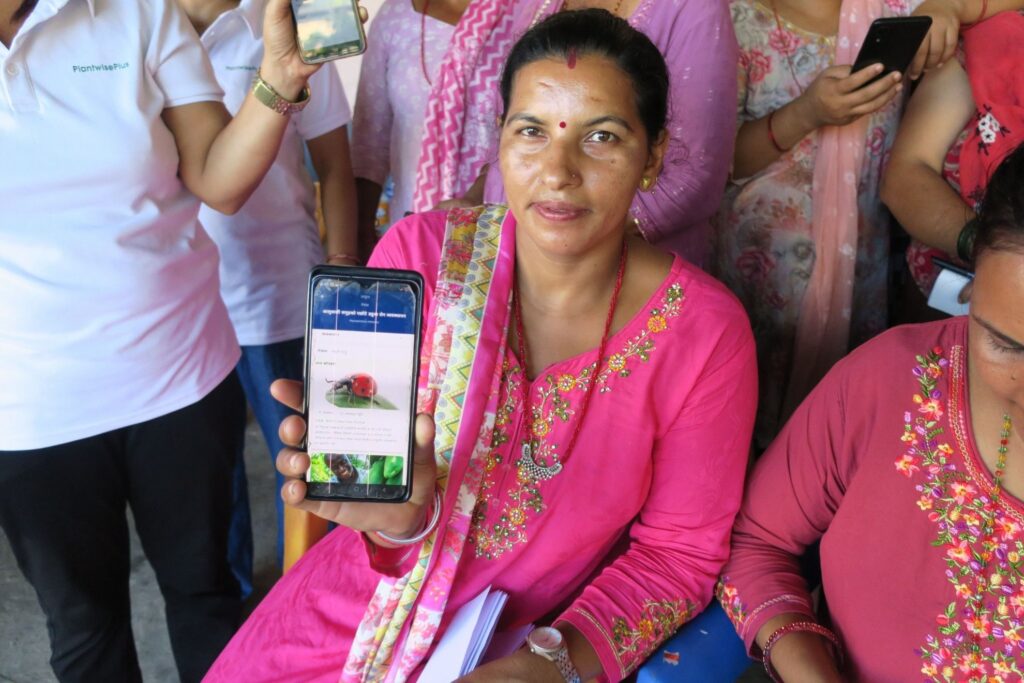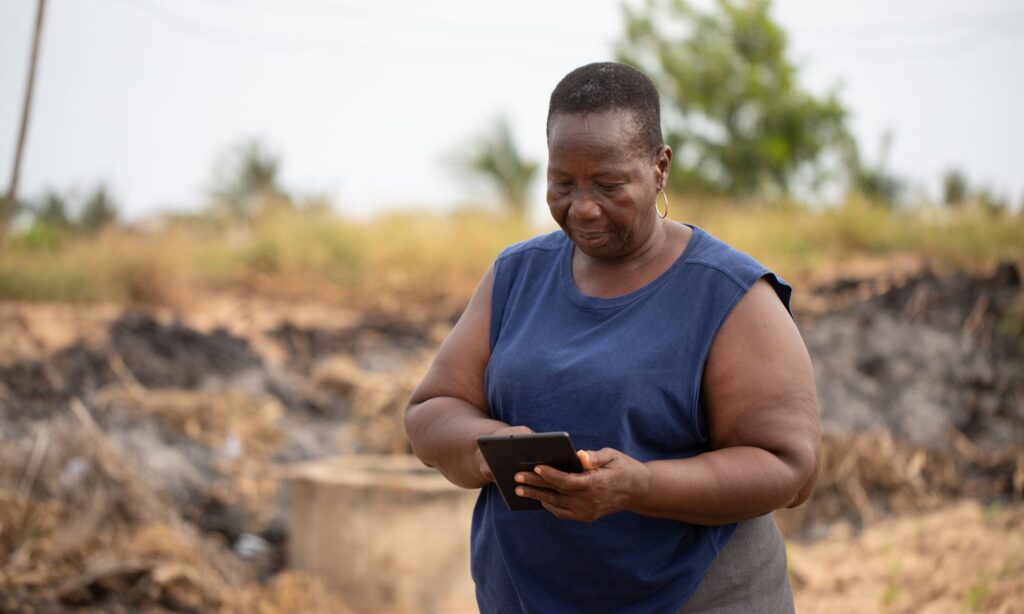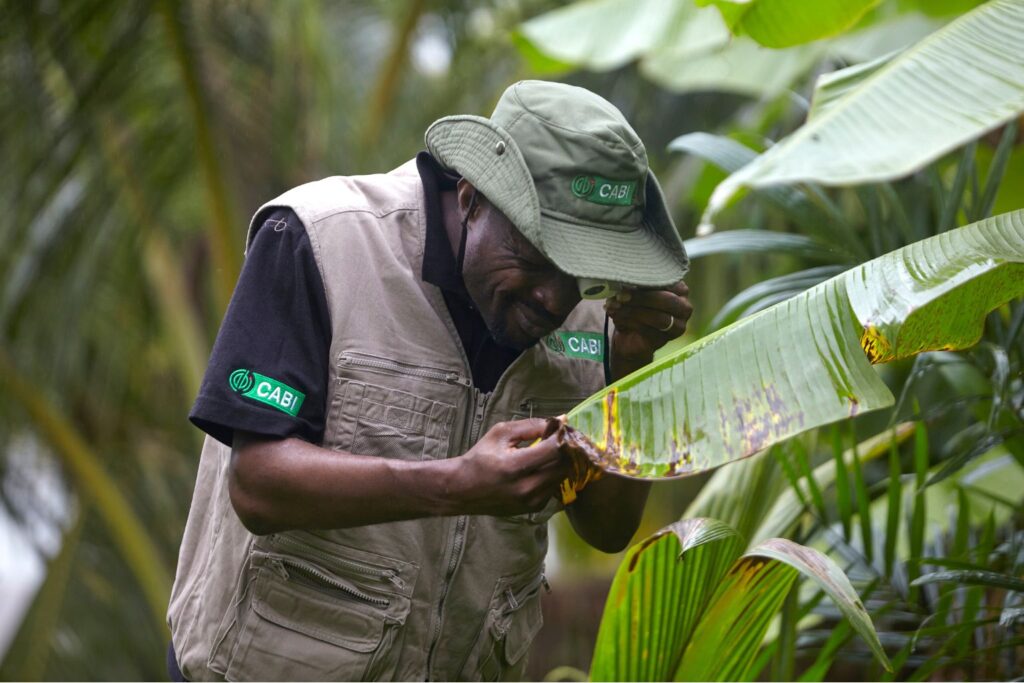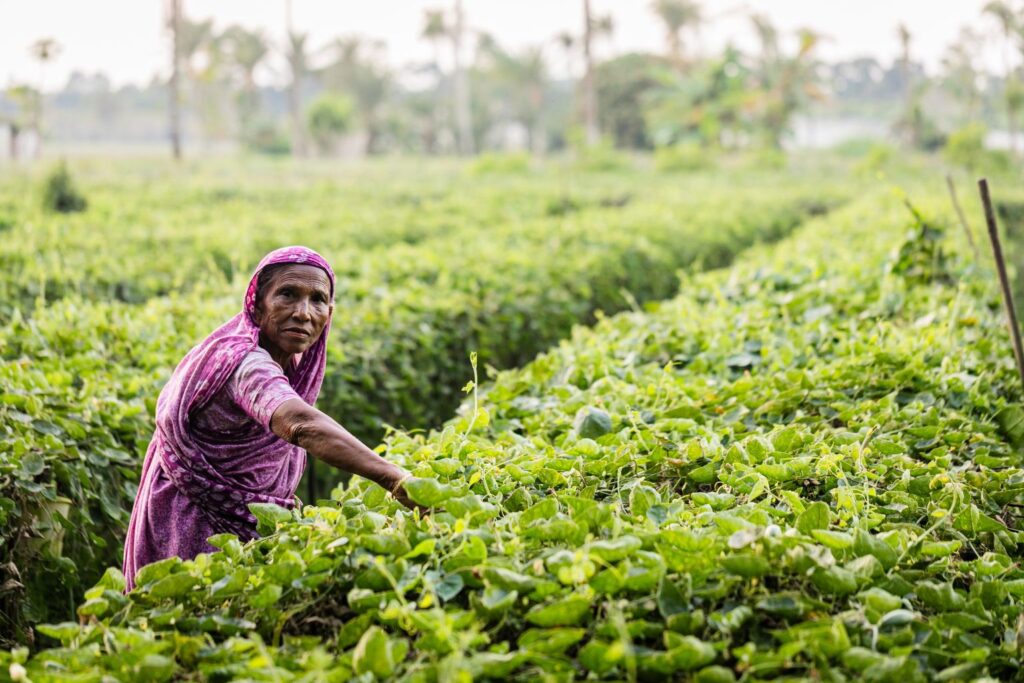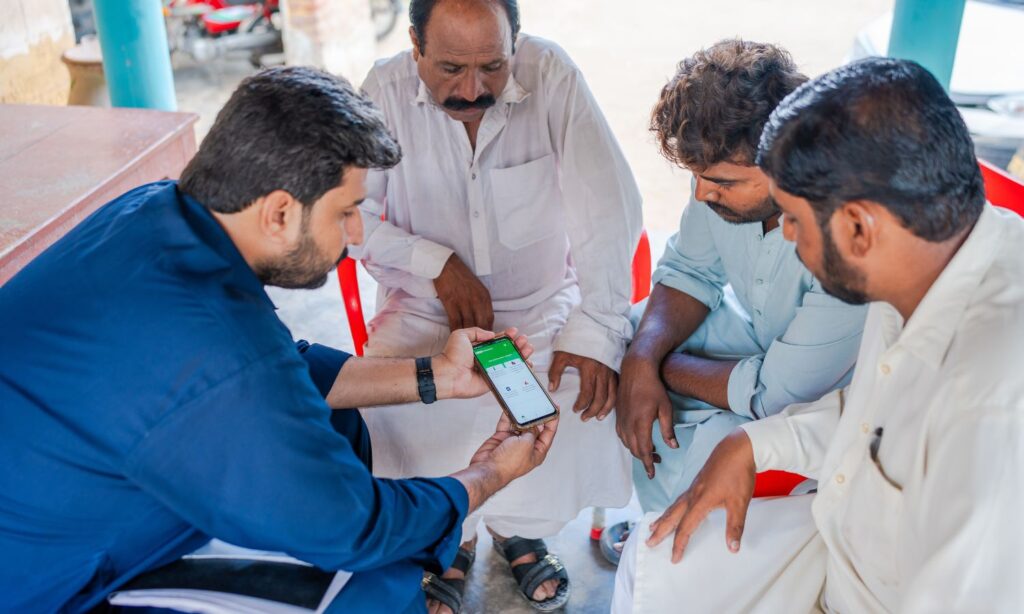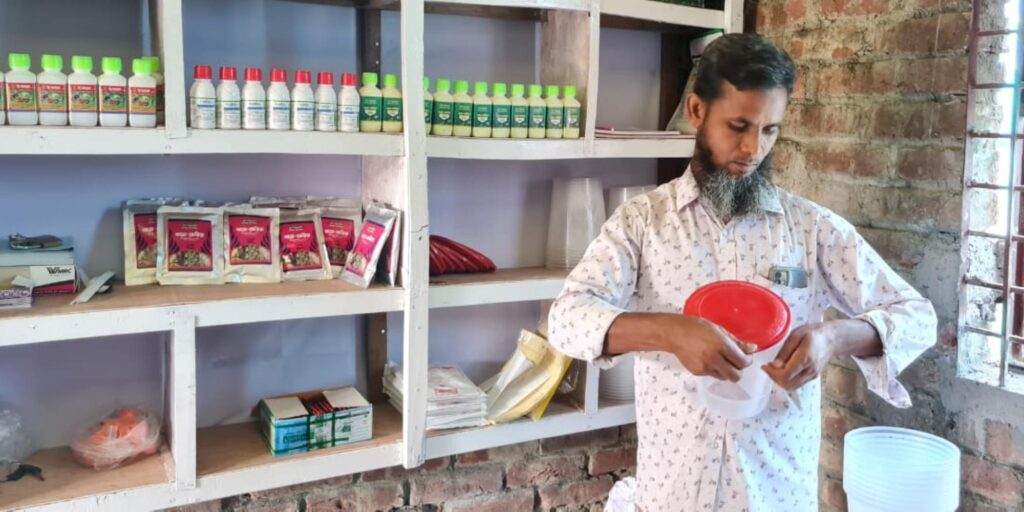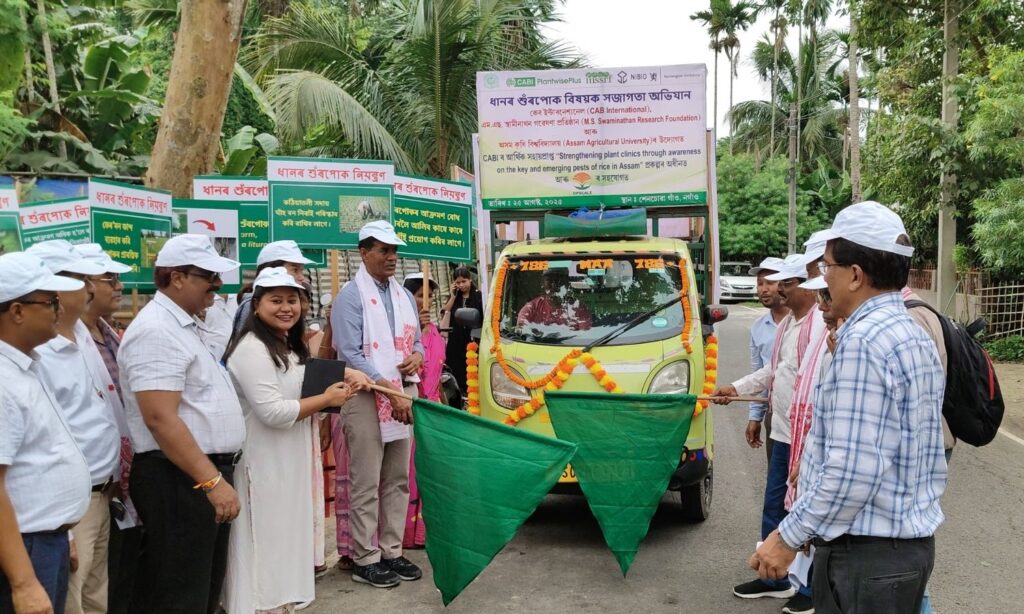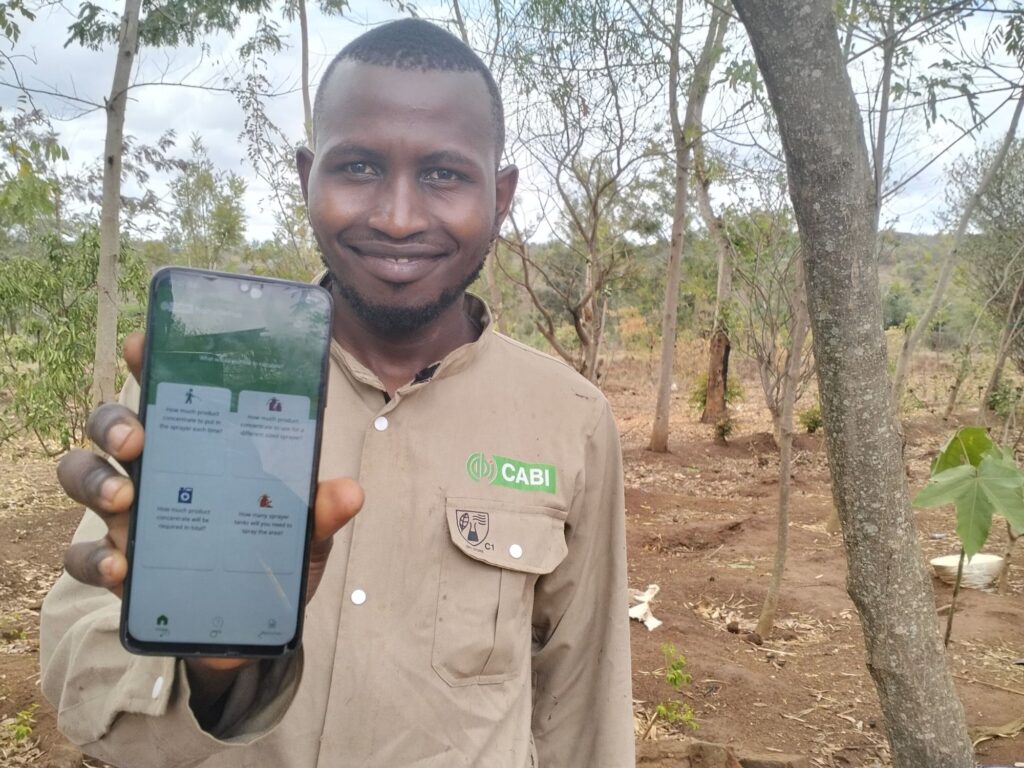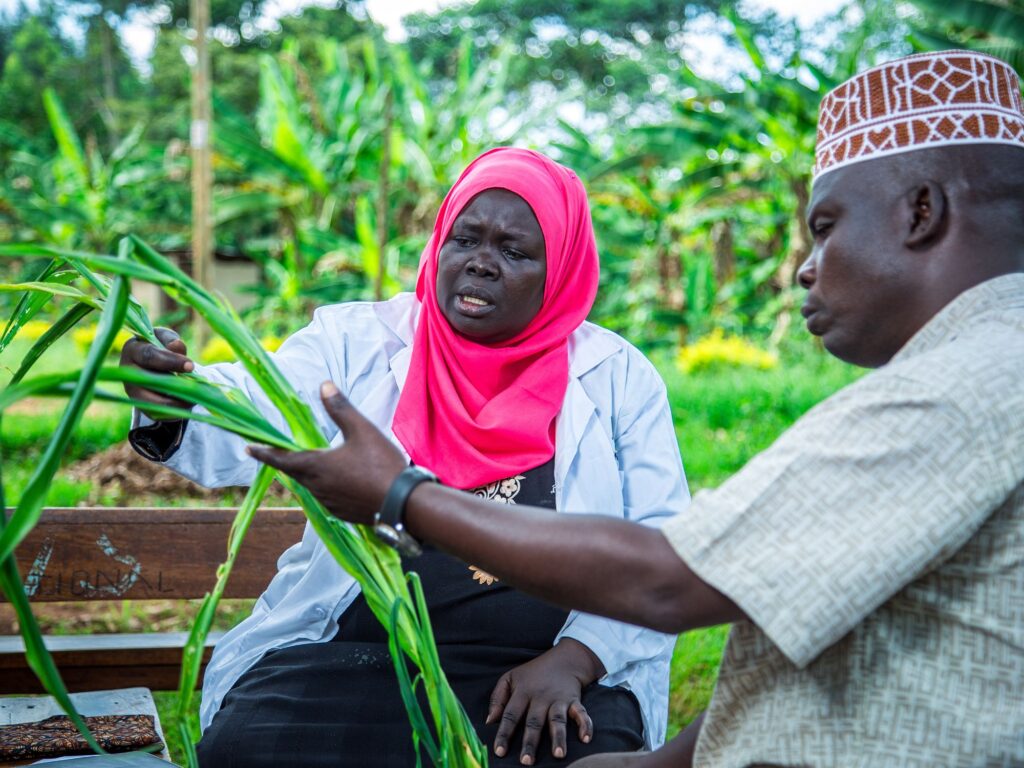PlantwisePlus Blog
You are here: PlantwisePlus Blog
From access to empowerment: the real impact of digital skills training on women farmers
March 5, 2026
Katherine Cameron
No Comments
How can AI tools bridge the gender gap for women farmers?
March 3, 2026
Rachel Winks
No Comments
Banana bunchy top disease: PlantwisePlus helps to safeguard Ghana’s banana production
February 25, 2026
Ivan Rwomushana, Rachel Winks
No Comments
In photos: how plant clinics support advisory services in Bangladesh
February 24, 2026
Khadeja Tul Kobra, Laura Hollis
No Comments
5 ways digital agriculture tools are transforming pest management
February 12, 2026
Laura Hollis
No Comments
PlantwisePlus develops agro-input dealer training scheme with Bangladesh government
January 22, 2026
Donna Hutchinson
No Comments
How PlantwisePlus and partners are supporting Assam’s agricultural future
January 15, 2026
Dr Parinda Barua, Laura Hollis, Manju Thakur
2 comments
What do agro-dealers in Nepal prefer when it comes to sustainability standards?
January 13, 2026
Rachel Winks
No Comments
Crop Sprayer app helps young spray service providers build sustainable businesses
January 8, 2026
Harrison Rware, Idah Mugambi, Laura Hollis
No Comments
CABI Academy plant health management courses are helping to improve extension support
December 19, 2025
Rachel Winks
No Comments
Subscribe to blog
Contribute
If you are active in the field of plant health or development and would like to contribute to the Plantwise Blog, please contact Donna Hutchinson. We are happy to post any credible articles that we think would be of interest to our readership.
Views expressed in contributions do not necessarily reflect official CABI or Plantwise positions.
Archives
Categories
- Agriculture and International Development
- Climate change and biodiversity
- Crop health
- Development communication and extension
- Food and nutrition security
- Digital development
- Plant Sciences
- Invasive species
- Economic development
- Environmental Sciences
- Gender and youth
- Human sciences
- Publishing
- Value chains and trade
- Veterinary and Animal sciences

